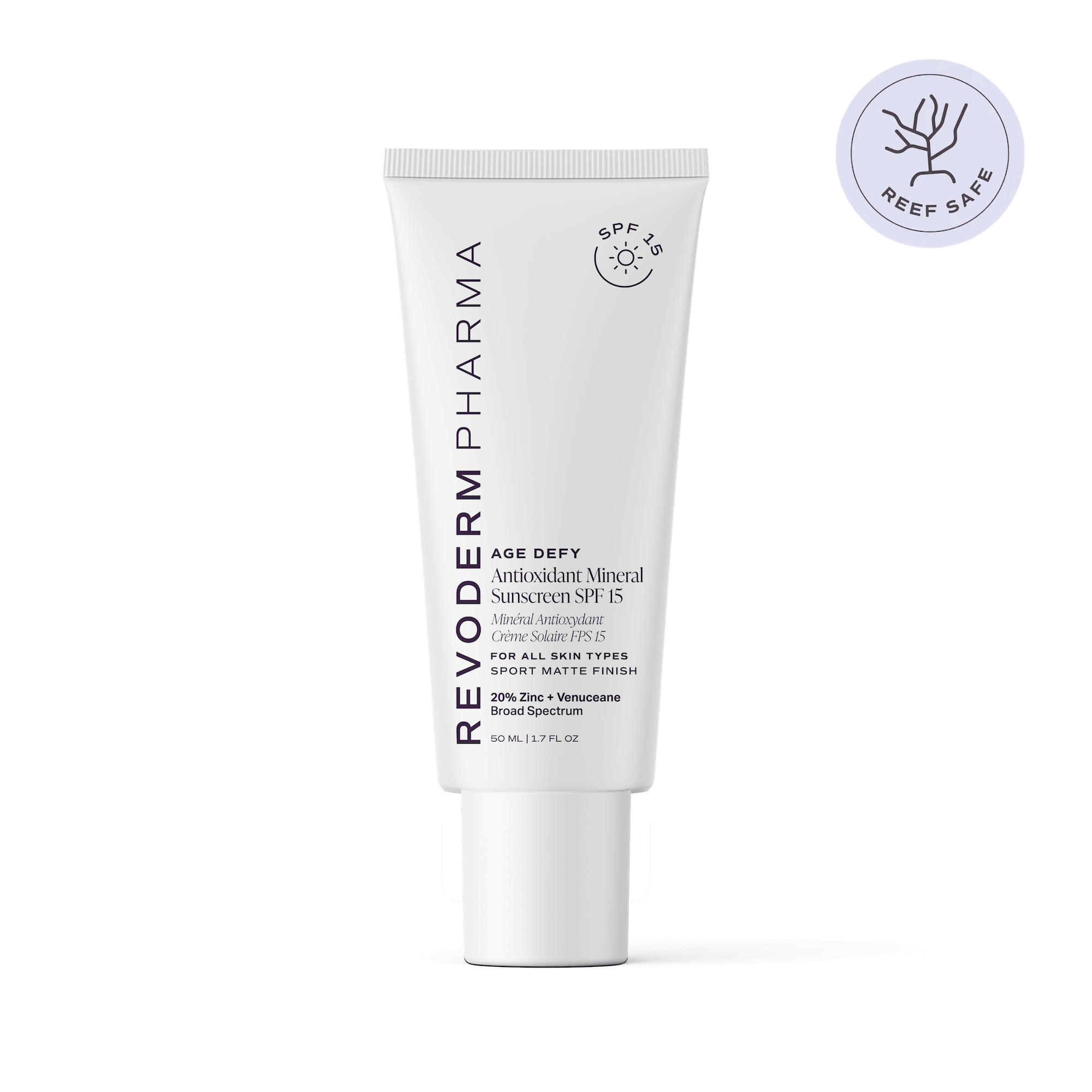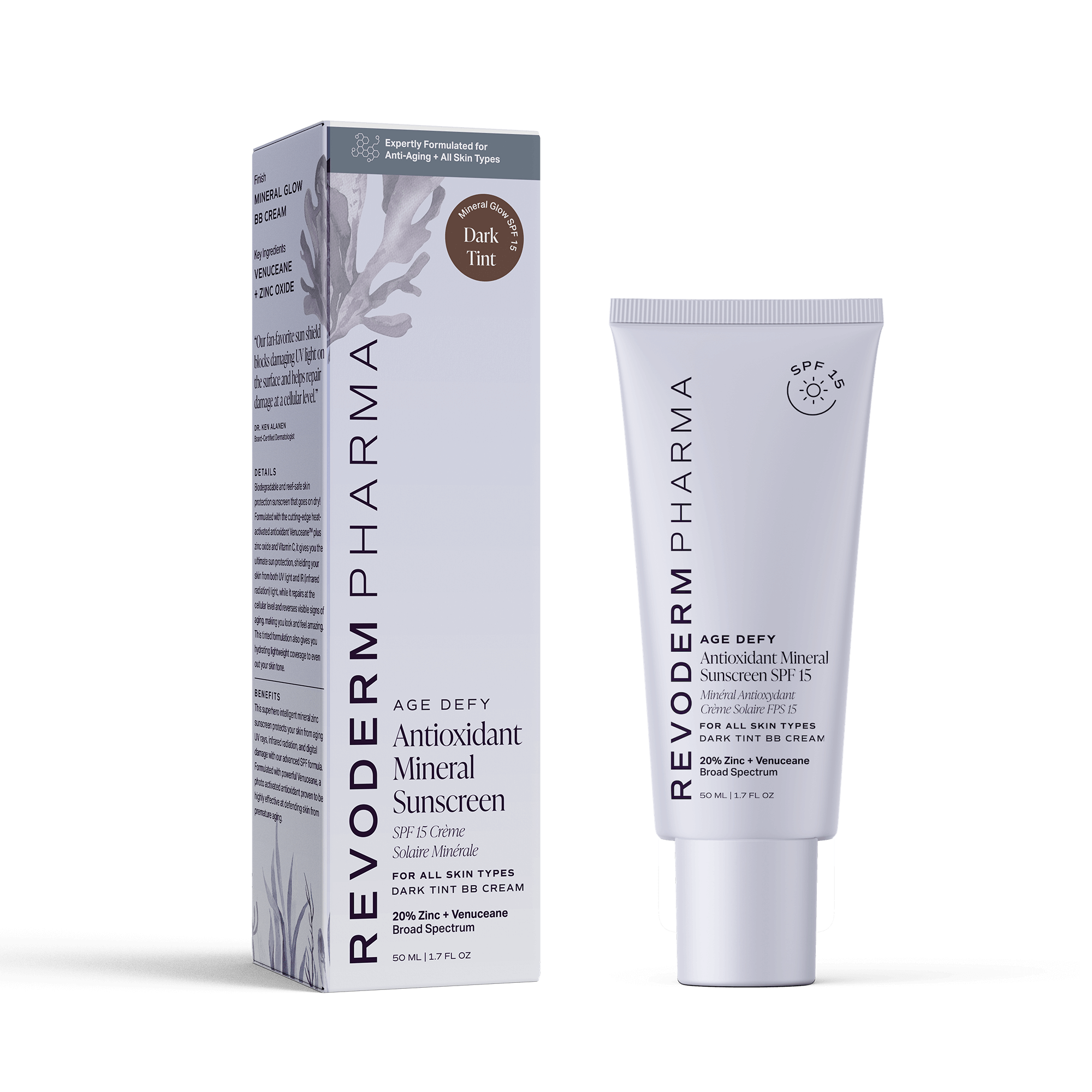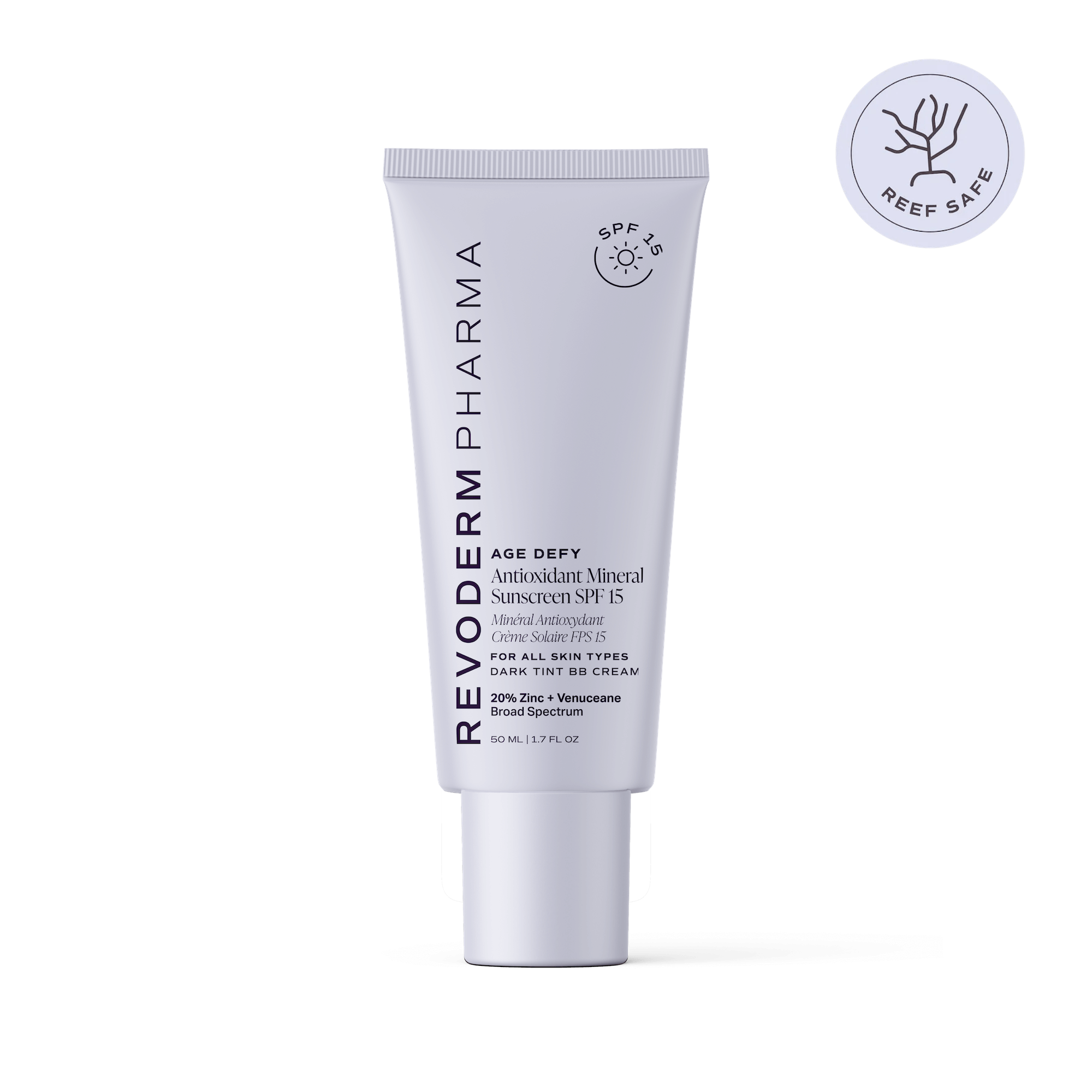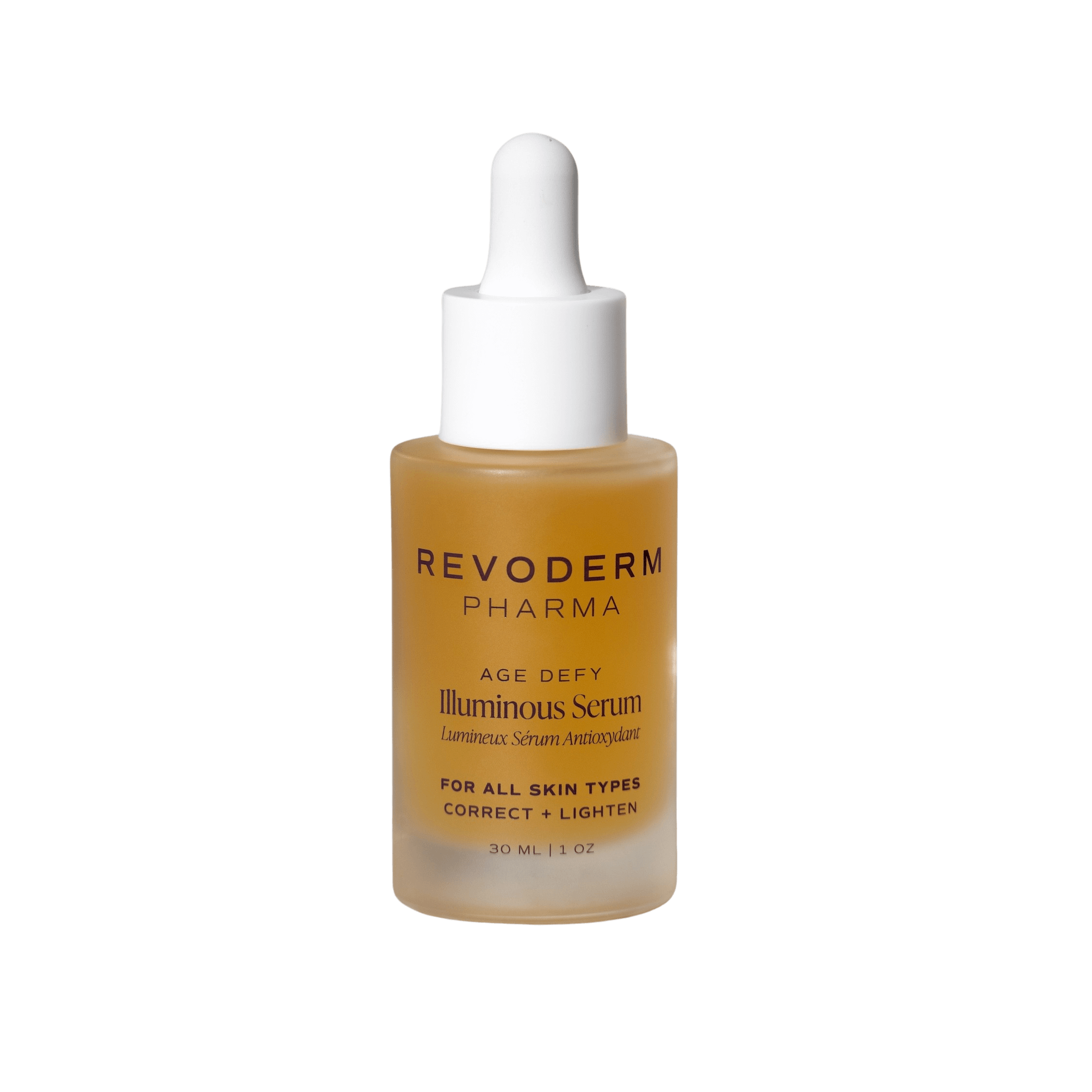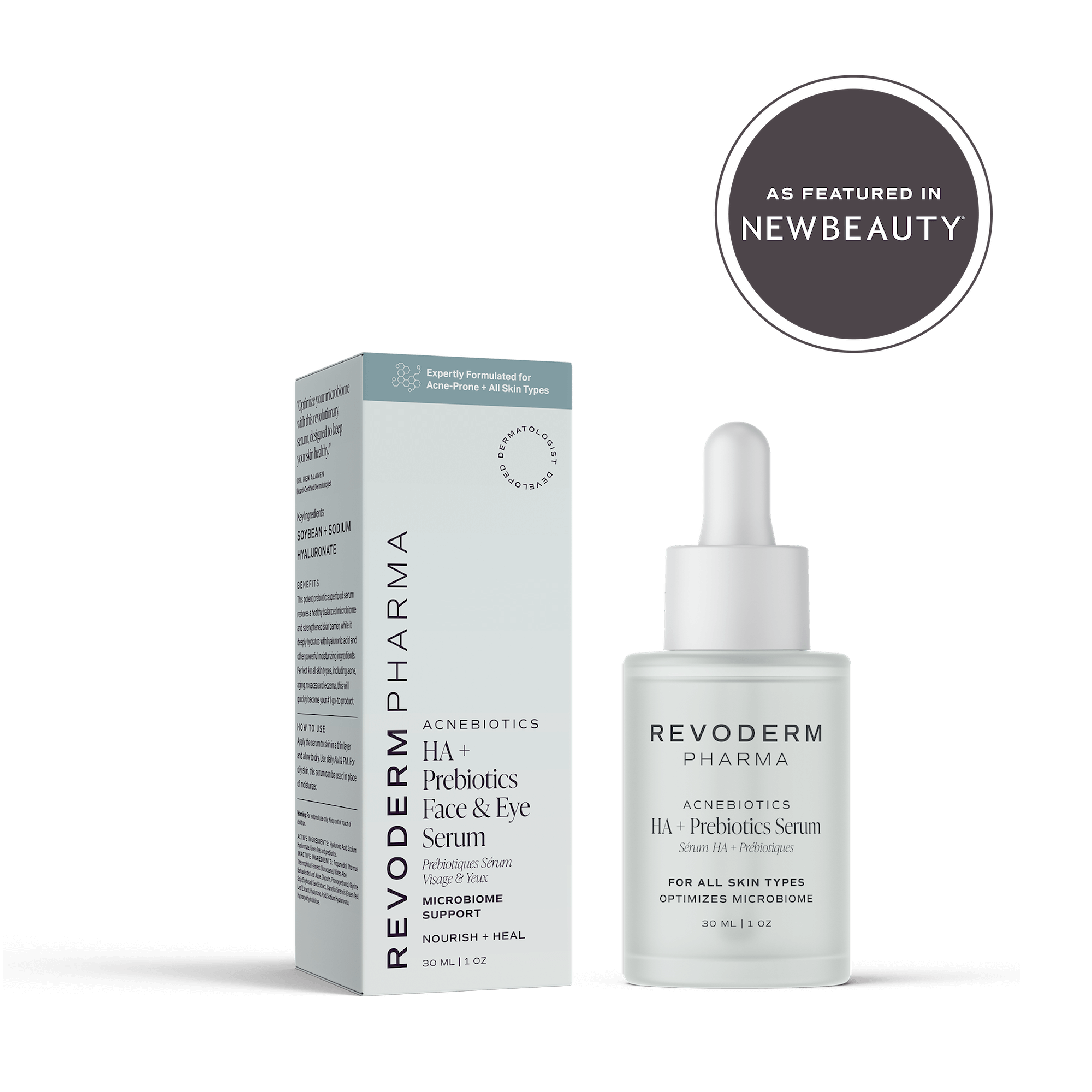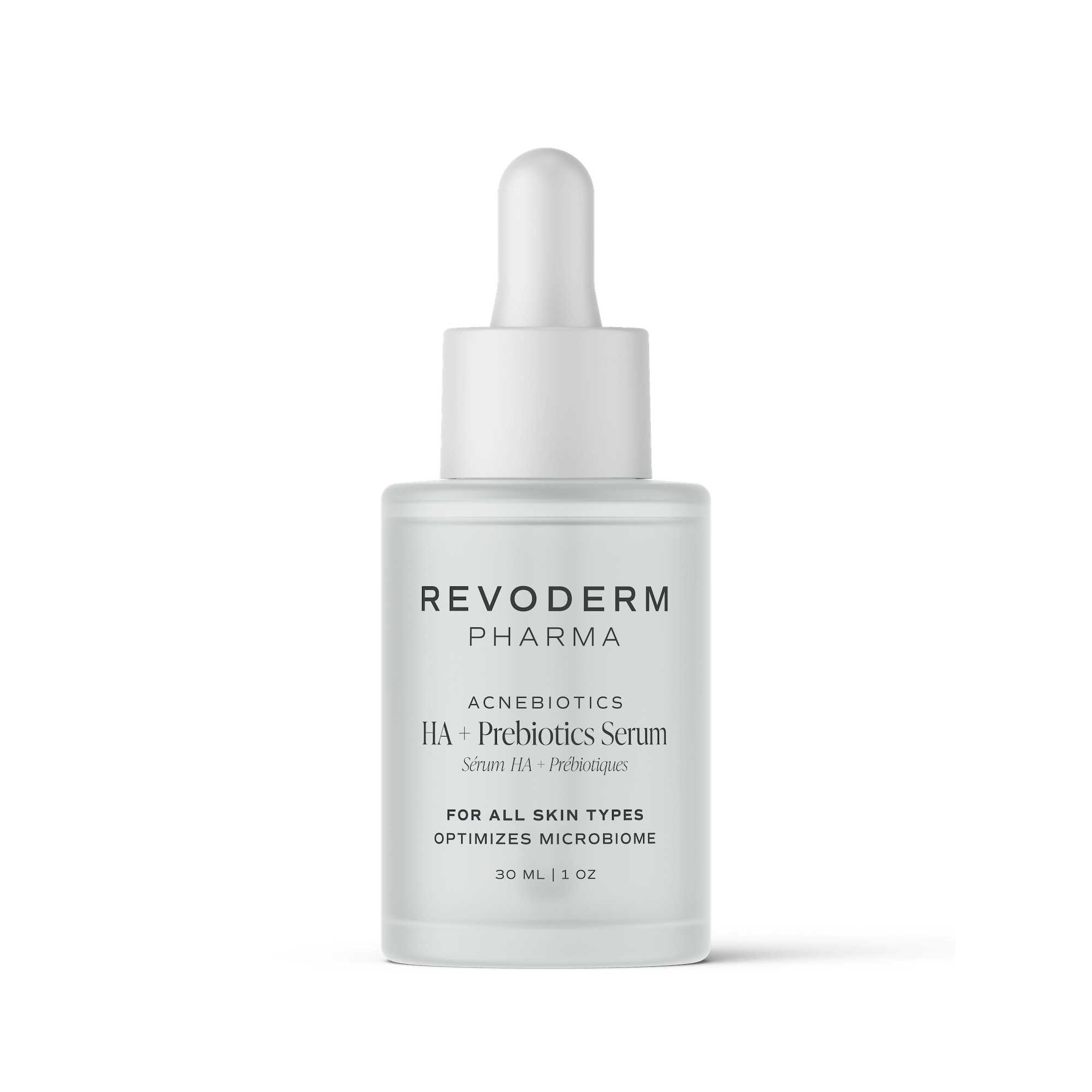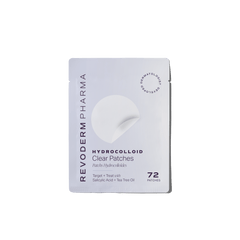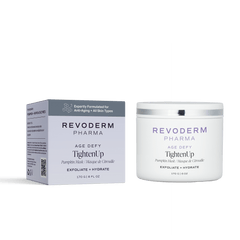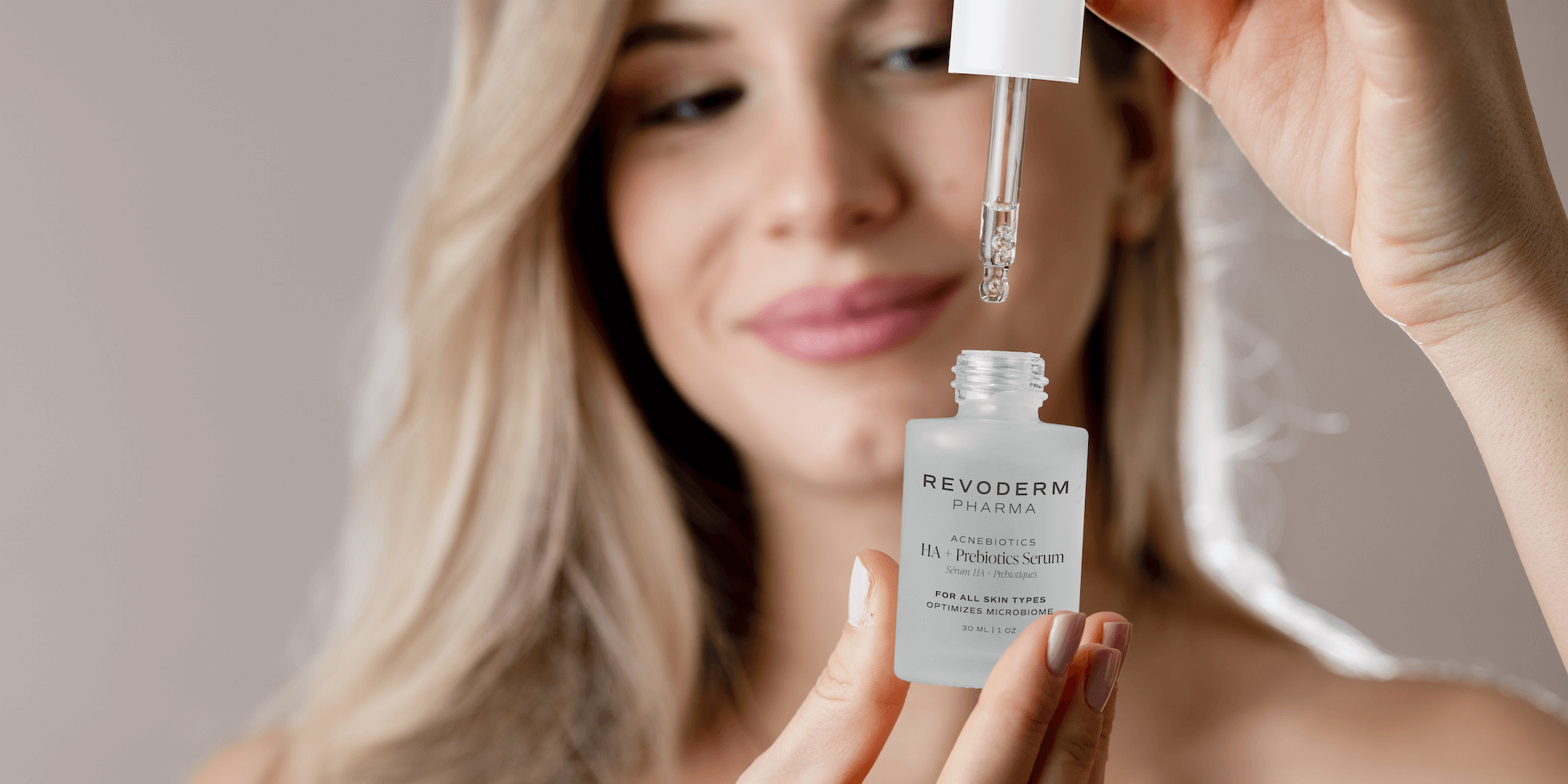It’s Never Too Late To Start Wearing Sunscreen!
If you’re like me, I grew up in a generation where we didn’t wear sunscreen religiously. I didn’t have computers or the Internet growing up, nor did I have readily accessible information about sunscreen.
Our summer always started with my brother and I playing in the street, skipping, playing ball and hanging out in the blistering sun all day, right until the sun went down. The first few days of summer would find us sitting on a big towel in the living room and peeling burnt skin off of our backs, legs, arms and faces. We were so burned that at night we couldn’t sleep, so my mom would apply homemade cold sour cream onto our beet red bodies. The third week of summer was when we would start to maintain what we thought was a “healthy tan”! All that shedding of blistered skin prepared us for our annual family vacation at The Black Sea… and who could forget to bring the baby oil!

Flash forward… Many years later, I’m in Tofino on a cloudy, windy overcast day. I fell asleep, fully clothed on the beach. My face was the only part of me that was exposed. Incredibly, I had the worst burn of my life to the point of having the shivers, “probably third degree burns” on my forehead I thought and guess what?? My first melasma – irregular, (maddening, stubborn splotchy hyperpigmentation…) showed up on my face in a few days but thanks to Revoderm skin care products, you can’t see it anymore.
We got back from my Tofino vacation and the dermatologist I worked with at the time said to me ”You have 24 hours to wash off your colour from your face if you want to work in this clinic” and I learned my lesson for rest of my life.
So began my interest and research into skin care, which lead to the development of Revoderm, a medical grade skin care line, including chemical free sunscreen and dermatology treatments...

The following information will educate my readers on the import facts of chemical free sunscreen.
What Is The Safest Sunscreen?
On May 1st, 2018, Hawaii became the first state in America to pass legislation banning the sale of sunscreen containing chemicals believed to be harmful to the ocean and coral reefs.
According to research published in the New York Times, 14,000 tons of sunscreen is washed off in oceans every year, and its effects are proving to be devastating. Scientific studies have found that chemicals typically included in mass-market sunscreens contribute to coral bleaching, which essentially means that the ability of coral reefs to sustain life and maintain environmental balance is being eroded by the sunscreen people slough off in the ocean every day. In short, our oceans are dying due in part to the ingredients found in chemical sunscreens.
Now think about this: if chemical sunscreens are contributing to the destruction of our oceans and the overall health of the planet, what are they doing to your skin and your body?
Your epidermis is like a sponge. It soaks up whatever we slather on it and absorbs whatever external elements it’s exposed to. So when it comes to sunscreen, two important things need to be considered:
- The effectiveness of your sunscreen determines how much protection you get against harmful UVA / UVB and infrared rays IR rays. Effectiveness, however, isn’t so much about the SPF level on the bottle, but rather the quality of the ingredients within the bottle.
- Most important is at least 20% zinc oxide as an active ingredient. SPF 15 containing 20% zinc oxide is sufficient for full protection. You need to re-apply every two hours regardless of the SPF number.
- Don’t be misled by the higher SPF number on a sunscreen bottle. SPF ONLY reflects UVB protection. Did you know that 95 % (yes, that is correct - ninety five percent) of ultraviolet light is UVA spectrum.
UVA Or UVB – Which Is More Important?
UVB burns you and causes about half of skin cancers whereas UVA burns essentially do not exist. However, all of the signs of aging – wrinkles, capillaries, brown spots etc. – are from UVA. Half of the skin cancers are caused by prolonged UVA exposure. Since you cannot rely on an “SPF number” for UVA, you need to be well-informed and look on the label for zinc oxide content: it should be at least 20%.
Go ahead and read the ingredients listed on the sunscreen you have at home. Chances are you’ll see words like these: Avobenzone, Homosalate, Octisalate, Octocrylene, and Oxybenzone – all chemical compounds designed to provide UV protection. Are they effective? To varying degrees, yes, depending on the concentration and quality of the ingredients. But just how safe are the ingredients in chemical sunscreens? And how do you know if the ingredients in your sunscreen are of quality?
Protecting our skin from the sun is important – there is no disputing that. Rates of melanoma have been on the rise for 30 years. The Mayo Clinic reported that two types of skin cancer (basal cell carcinoma and squamous cell carcinoma) went up an astonishing 145 percent and 263 percent respectively from 2000 to 2010. Cosmetic concerns have become more common too. Melasma, which gives the skin a blotchy appearance, is a very common complaint in dermatology offices, and a sign of skin damage that can be quite unsightly. For all these reasons and countless others, choosing (and properly using) a good sunscreen is essential. Daily use of sunscreen will prevent future damage, but any existing sun damage needs to be professional diagnosed and removed.
So What’s The Difference Between Mass-Market Chemical Sunscreen And Mineral Based Sunscreen?
For starters (other than the damage that chemical sunscreens are doing to our oceans) it’s becoming more and more well documented that chemicals used in synthetic sunscreen are connected to a long list of health issues. Oxybenzone, for example, has been linked to a higher risk of endometriosis, skin allergies, hormone disruptions, reduced fertility in men, and cell damage. The strength of these associations is unclear, but most people feel justifiably queasy about these possibilities.
Are chemicals like these something you really want to put on your skin? Are they something you’d feel good about putting on a baby’s skin?
So What's The Difference? What's The Alternative? What Is The Best Sunscreen Ingredient?
Mineral sunscreens are considered safer and more “natural” for both your body and the environment as compared with chemical sunscreens. High quality zinc oxide will help not only guard against sun damage, it will help reduce inflammation and prevent skin irritation as well.
There are three – and only three - mineral sunscreen ingredients out there: Zinc, titanium, silica. In terms of effectiveness, Zinc is the clear cut “gold medalist”. Why ? because it blocks out the entire spectrum of ultraviolet light, lasts long (up to the full day, although we encourage regular re-application) and is natural. Titanium and Silica preparations (what we regard as the “silver” and “bronze” medals) aren’t as ideal as they don’t block out the full UV spectrum.
It is true that most people do not get skin cancer – even those at risk. However practically everyone gets wrinkles, brown spots, broken capillaries etc. with chronic sun exposure. Thus, the right sunscreen preserves your youthful look and protects your cosmetic investment (i.e. all of the benefits from your laser, filler sessions are preserved with the right sunscreen).
While these ingredients are highly effective in mineral sunscreen, just as with chemical sunscreen, the quality of the ingredients matters. The best zinc sunscreen is micronized (i.e. smaller zinc particles) and colour matched for your skin.
What Is The Best Zinc Sunscreen?
Traditional Zinc oxide sunscreens are very thick which can make it difficult to put on and spread evenly. That said even thick zinc preparations are actually highly effective, but look ugly and feel quite “thick” on your face. That is in fact the only reason why they dwindled in popularity up until recent years. Now, we have the technology to produce highly effective but cosmetically agreeable preparations. Dr. Alanen and I are now of the opinion that there is no real reason why there should ever be a sunscreen that is not “zinc based”. That said, high quality zinc oxide sunscreen should be light and non-sticky, and many product lines, including the Revoderm Age-Defy, are tinted – providing a colour boost and shimmery glow to the skin.
Remember that many sunscreen manufacturers are catching on to this concept; the term “zinc oxide” is on many labels, but it is simply too dilute to be effective. Once more, you need at least 20% zinc for it to be effective.
No matter what you choose, remember that any sunscreen is better than none. Avoid sprays if possible though – most of those products dissipate in the air before they land on your skin, and inhaling the chemicals in aerosol sunscreens can cause all kinds of respiratory issues. Also, it is much more difficult to assure that all of your skin has been covered by aerosol sunscreens; studies show that there are many unprotected areas on the skin when this approach is used as compared with application of a regular liquid sunscreen application.
Slather up at least 20 minutes before heading outside, and reapply every couple of hours if you’re spending extended time in the sun. And the SPF in your makeup? It’s not nearly enough to do an adequate job of protecting your skin. So no matter what plans you have for the day, whether you’re vacationing or are just going about your regular routine, a top quality sunscreen should always be the first thing you put on every morning.
Here’s to healthy, beautiful skin!
Sincerely,
Ildikó Juhasz

